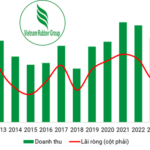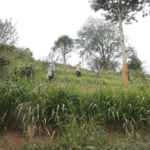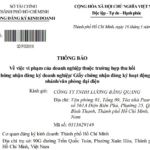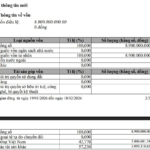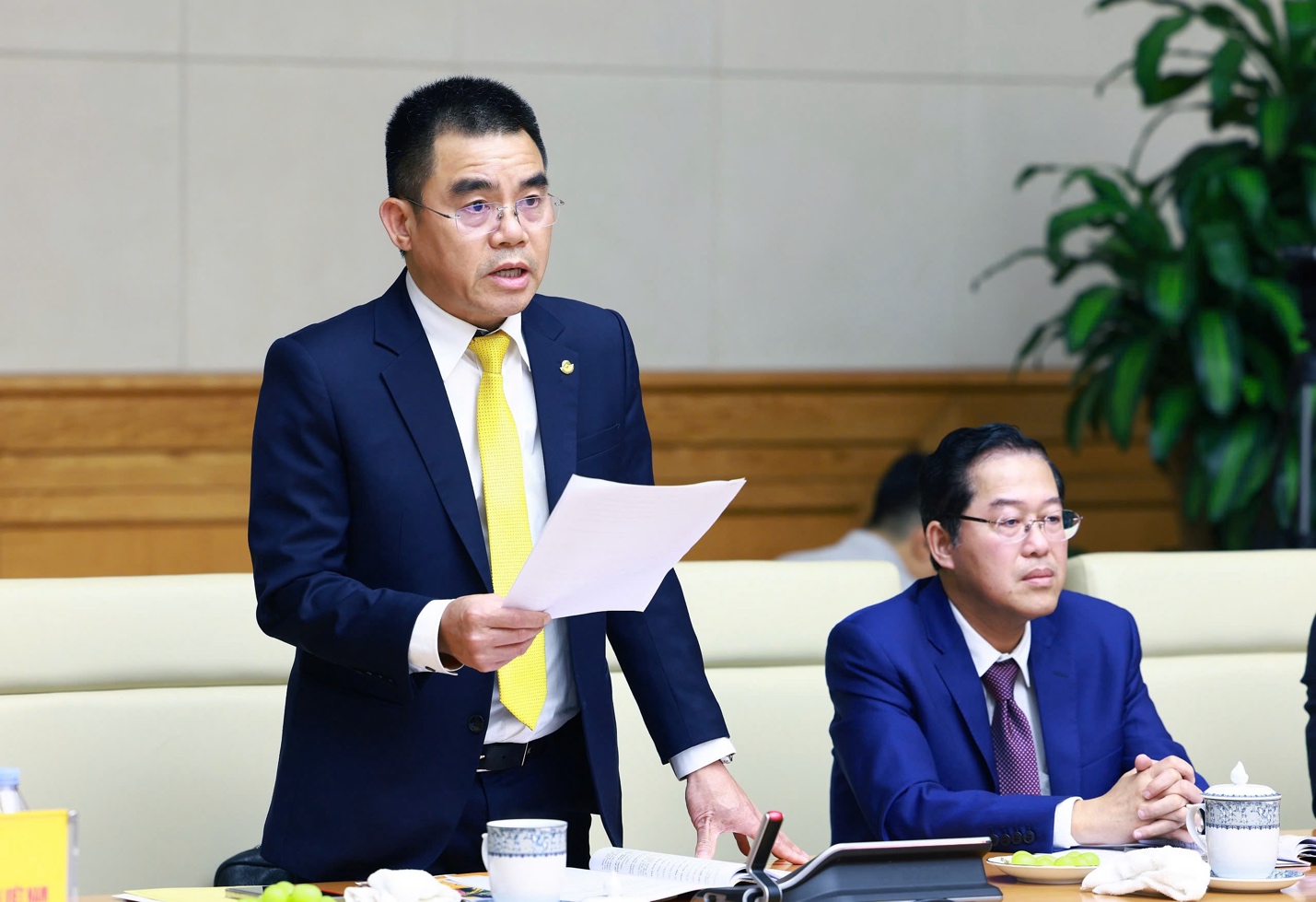In line with this trend, Agribank has not only proactively implemented green development policies but has also pioneered the adoption of ESG standards in the financial and banking sector, contributing to the spread of sustainable development thinking throughout the system. Through these relentless efforts, Agribank has been recognized and honored as one of the Top 100 Vietnamese Green ESG Enterprises in 2025 and one of the Top 10 ESG Enterprises in the Banking Sector for 2025, as ranked by Viet Research in collaboration with the Finance and Investment Newspaper.
The Top 100 Vietnamese Green ESG Enterprises (ESG100) and Top 10 ESG Enterprises by industry (ESG10) are two prestigious rankings by Viet Research in partnership with the Finance and Investment Newspaper, aiming to honor enterprises that are pioneers in implementing sustainable development strategies in Vietnam. This is not only a recognition of the specific and practical efforts of the business community but also marks an important milestone in the journey towards a green growth model, towards a transparent, responsible, and deeply integrated economy.
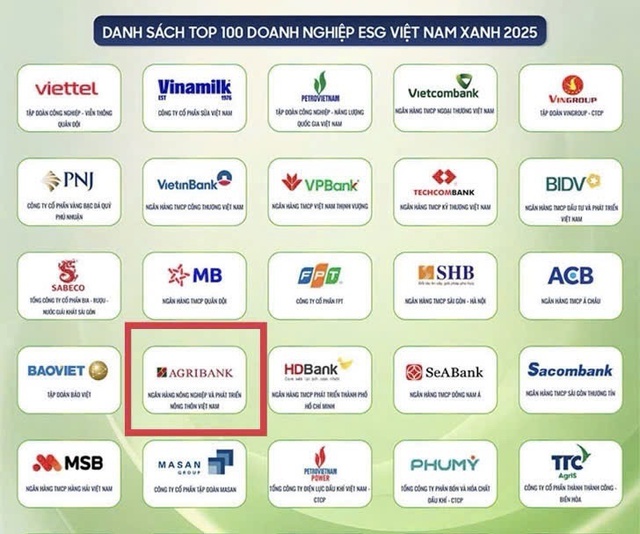
Agribank ranked among the Top 100 Vietnamese Green ESG Enterprises in 2025
Going beyond evaluating business performance, ESG100 and ESG10 focus on measuring the integration of Environmental, Social, and Governance (ESG) factors into the strategy, operating model, and governance system of enterprises. These are key indicators that reflect the long-term adaptability and development capabilities of businesses in a world that is demanding increasingly higher standards of transparency, responsibility, and sustainability.
At Agribank, sustainable development is realized through a solid value system consisting of three pillars: Environment, Society, and Governance. Each pillar is implemented with clear, synchronized actions, programs, and strategies throughout the system.
In terms of the environmental factor, Agribank is one of the pioneering organizations promoting green credit. The bank prioritizes funding for high-tech agriculture, renewable energy, forestry, and circular economy projects. Beyond just providing capital, Agribank accompanies its clients in building sustainable, emission-reducing, and environmentally friendly production models. Notably, Agribank’s sustainable development strategy towards 2030, with a vision towards 2045, takes ESG as its guiding principle and is committed to supporting the government in achieving the net-zero emission goal by 2050.

An organic agricultural production model funded by Agribank
Regarding the social factor, Agribank continues to affirm its “Tam Nong” (Agriculture, Farmers, and Rural Areas) mission through a series of specific action programs. The bank promotes policy credit for remote areas while investing in key sectors such as education, healthcare, and social welfare. From scholarships to new school buildings, from health stations to disaster relief efforts, all activities clearly demonstrate a people-centric philosophy and reflect the role of a community-oriented bank.
Internally, Agribank has been building a modern and humane working environment, emphasizing gender equality, improving employee benefits, and fostering a spirit of innovation and creativity among its staff of over 30,000 employees – the very people who inspire and realize the company’s ESG commitment from within.
In terms of governance, Agribank maintains a foundation of transparent governance, strictly adhering to domestic and international financial and legal standards. The ESG governance system is established synchronously and integrated into all credit and investment appraisal processes. The bank’s sustainability and financial reports are periodically disclosed, helping to strengthen the trust of investors, partners, and the domestic and international community. This is a significant competitive advantage in markets that increasingly demand higher standards of responsibility and transparency.
Evidently, the ESG10 and ESG100 rankings not only acknowledge Agribank’s achievements but also open up a series of long-term strategic opportunities, enhancing the bank’s reputation among the public, customers, investors, and international partners. Moreover, meeting the ESG criteria enables Agribank to more easily access global green capital and enhance its competitive edge when cooperating with multinational corporations that have stringent requirements for sustainable development.

Agribank prioritizes funding for high-tech agriculture, renewable energy, forestry, and circular economy projects.
Record-Breaking Profits for the Rubber Group Since 2012
The fourth-quarter rubber price surge helped Vietnam Rubber Group JSC (HOSE: GVR) achieve its highest revenue and profits in over a decade.
Carbon Credit Sales: Empowering Farmers to Prosper
Ecological agriculture and circular farming are not just methods of cultivation, but a philosophy that strives for long-term sustainability for both people and the planet. With a shared goal of achieving Net Zero by 2050, Vietnam’s agricultural sector is undergoing a transformation towards ecological farming practices to protect natural resources and community health, paving the way for a green, clean, and resilient future.
“Incentivizing Investment in Sustainable Smart Industrial Parks: A Policy Mechanism for Vietnam’s Future”
A myriad of experts advocate for a policy mechanism that incentivizes investment in, and the development of, new-generation smart and sustainable industrial zones. This includes delineating specific standards and criteria for what constitutes a “green” industrial zone, as well as establishing a clear framework of incentives and support for investors and industrial zone developers who wish to embark on new projects or transition from old models to these new-generation zones.

